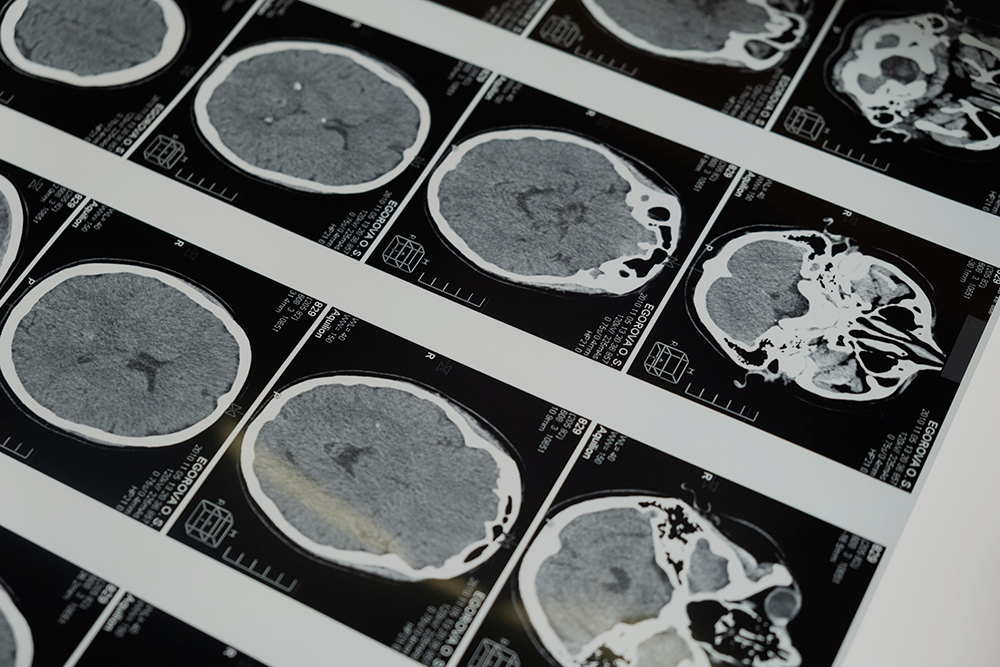
In the world of medical doctors, psychologists, psychiatrists and other medical and mental health professionals, there’s a debate, of course, about the concept of “food addiction.” Without question, scientific research shows addictive behavior regarding sugar consumption in animals. But what about humans? Brain scans of humans specifically show similar patterns for people “under the influence” of sugar that are remarkably similar to brain scans of people when they are under the influence of well-known, highly addictive drugs such as cocaine.
The Science Behind Food Addiction
Studies have proven that food addiction is a serious phenomenon that is considered a psychologically-based eating disorder. Through detailed studies of genetics, brain imaging, and other chemical malfunctions, it has been concluded that the body can, in fact, become addicted to food.
So what is the exact science behind food addiction? Well, it is a result of a continual lack of controlled eating—i.e. binging on, most often, junk food. Over time, this lose of control in regards to eating alters the biochemistry of the brain. Thus, an individual must consume more food to achieve the same of amount of euphoria or pleasure related to eating.
Defending Our Argument
So can food be addicting? The answer is definitely YES. And the reason I am about to talk about has nothing to do with brain scans and chemical malfunctions. The fact is that substances and behaviors can be physically or psychologically addictive—or both.
Types of Addiction
If a person is physically addicted, their body literally craves the substance and has withdrawal symptoms when they don’t have it. Psychological addiction happens when a person uses a substance or engages in a behavior to change how they feel emotionally, to distract their attention from life situations that upset them, or to avoid dealing with their feelings, people or situations.
What Does "Addiction" Mean?
Without getting into a lot of confusing detail about the word “addiction,” let’s make this simple: If a substance (food, alcohol, nicotine, etc.) or behavior (eating, shopping, gambling, etc.) is causing PROBLEMS in your life, then it can be considered an addiction.
It’s an addiction if you know there are issues in your life caused by, or worsened, because of the use of a substance or behavior. It’s an addiction if you have wanted to, and tried to, stop using the substance or engaging in the behavior— but you haven’t been able to.
An addiction is also seen when a person has severe co-morbid health conditions (heart disease, high blood pressure, sleep apnea) caused by, or worsened by the disease of obesity. They want to lose weight and have tried many times in the past, but can’t give up potato chips, cookies and ice cream. Then, months after they have weight loss surgery, they choose to fall back into their old eating habits, resulting in weight regain.
If food and weight is causing problems in your life, and you’ve tried in the past to make changes, but haven’t been able to, you would DEFINITELY consider this a problem, if not an addiction.
If you believe you are struggling with a food addiction or other addictions, contact our office to set up a consultation with me!











